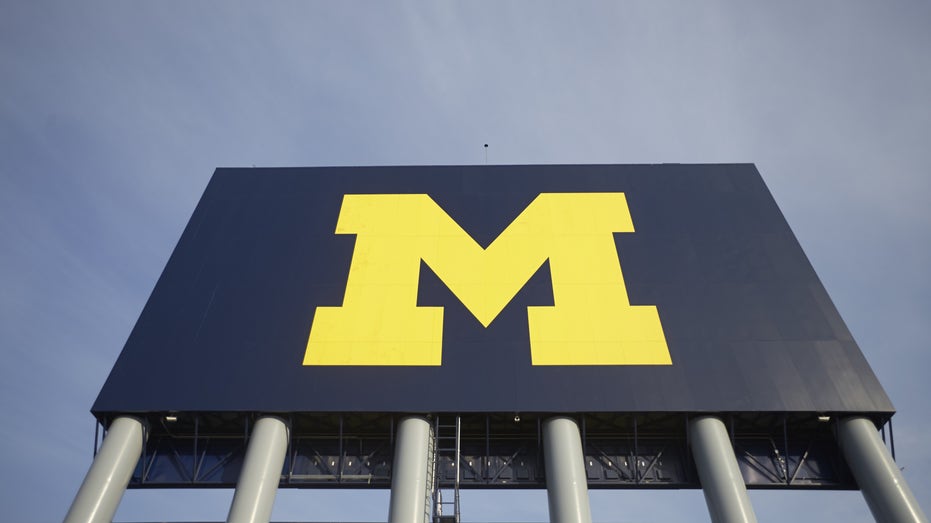
The University of Michigan on Thursday ended its requirement for diversity statements for faculty hiring, promotion, and tenure following recommendations from a board.
The University of Michigan (UM) on Thursday ended its requirement for diversity statements for faculty hiring, promotion, and tenure.
Provost Laurie McCauley’s decision came from recommendations from an “eight-member faculty working group,” which she tasked to “explore the use of diversity statements in faculty hiring and promotion at U-M and elsewhere, and to make a recommendation.”
The eight-member faculty working group who recommended the end of the use of diversity statements consisted of “individuals with relevant expertise.”
“Diversity, equity and inclusion (DEI) are three of our core values at the university. Our collective efforts in this area have produced important strides in opening opportunities for all people,” McCauley said. “As we pursue this challenging and complex work, we will continuously refine our approach.”
HIGH SCHOOL SENIORS FROM THE NORTH FLOCK TO SOUTHERN UNIVERSITIES: REPORT
The university said that diversity statements “have been criticized for their potential to limit freedom of expression and diversity of thought on campus.”
Separately, the University of Michigan Board of Regents, which has a 6-2 Democratic majority, has also had discussions about the future of the bureaucracy associated with DEI initiatives at the university.
Sarah Hubbard, a member of the board, told “Fox & Friends” on Sunday that they have been taking a “critical look” at the university’s DEI programs and spending.
“We’re not really seeing the needle moving related to diversity of thought, in particular, on campus, let alone diversity in other ways. I have been asking a lot of questions since I was first elected to this board,” Hubbard said.
UM has reportedly spent at least $250 million on DEI since 2016, per the New York Times, which has been deeply investigating DEI operations at the university, The Times added that 56% of that amount “went to salaries and benefits for D.E.I. staff across the university’s three campuses, according to an internal review conducted last spring by Michigan’s central D.E.I. office.”
LARGEST CHRISTIAN UNIVERSITY IN THE US WINS LEGAL BATTLE AFTER PROBE FROM BIDEN EDUCATION DEPARTMENT
Another member of UM’s board of regents, Mark Bernstein, told the Times that the money used for DEI could be used for the students.
“It is my hope that our efforts in D.E.I. focus on redirecting funding directly to students and away from a bloated administrative bureaucracy,” Benstein said.
The Times reported further that the board of regents “look to shift more of Michigan’s overall D.E.I. budget into recruitment programs and tuition guarantees for lower-income students.”
The board is a governing body elected by Michigan voters to manage UM’s finances and overall operations of the institution.
DEI on UM’s campus has been viewed as a failure by Black students.
One student called UM’s diversity efforts “superficial” and, despite the institution’s programs, they betrayed “a general discomfort with naming Blackness explicitly.”
Princess-J’Maria Mboup, the speaker of the university’s Black Student Union, told the Times that “the students that are most affected by D.E.I. — meaning marginalized communities — are invested in the work, but not in D.E.I. itself.”
The Times also cited UM’s own data reflecting that the institution’s pursuit of DEI resulted in a less inclusive environment via a survey in 2022. The Times reported that the data showed “students and faculty members reported a less positive campus climate than at the program’s start and less of a sense of belonging.”
University of Michigan officials did not immediately respond to a request for comment from Fox News Digital.